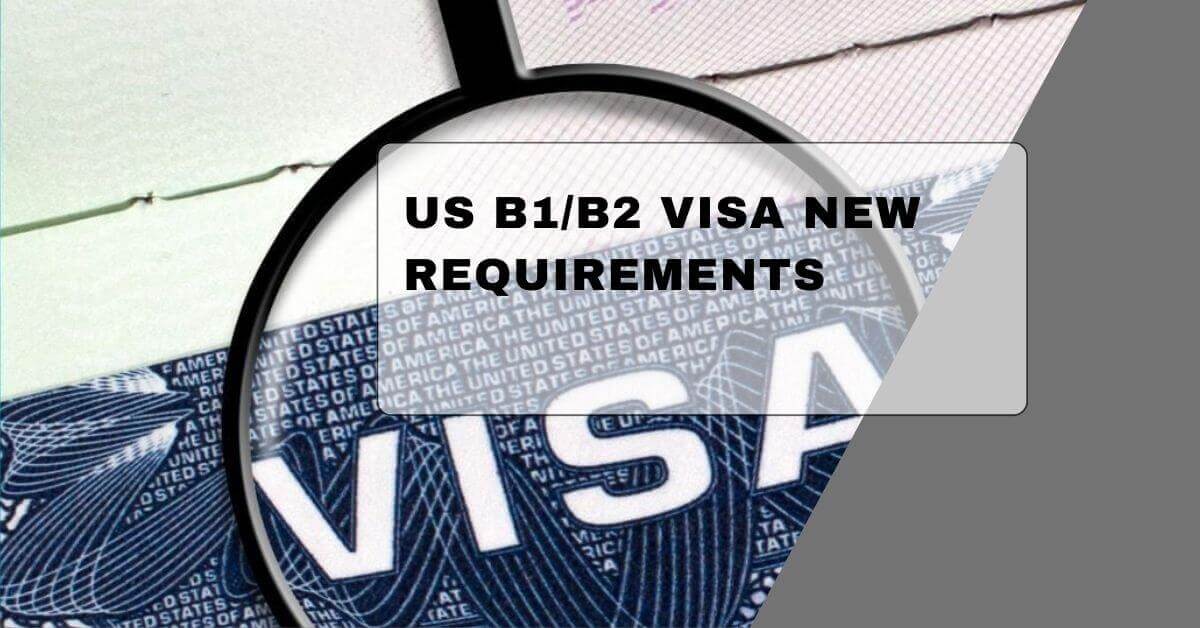Most lawful permanent residents (LPRs), or green card holders, reenter the United States without issue. But immigration attorneys and advocacy groups report an uptick in troubling cases where LPRs are being detained, questioned, or even pressured to give up their green cards at U.S. ports of entry.
These encounters can involve fear, confusion, and sometimes coercion—leading to devastating consequences like the loss of residency and family separation.
Why Is This Happening?
Although there has been no official change in policy, U.S. Customs and Border Protection (CBP) officers have wide discretion during border inspections. Under the current enforcement climate, non-citizens—including green card holders—are facing heightened scrutiny.
Risk Factors That May Trigger Additional Scrutiny:
- Spending more than six months outside the U.S.
- Traveling with pending green card renewals or I-751/I-829 applications
- Having past immigration violations or prior deportation orders
- Being flagged for political activity or activist affiliations
- Elderly travelers from certain diaspora communities (e.g., Indian, Palestinian)
- Inadequate documentation of ties to the U.S.
Important: The category of your green card (family-based, employment-based, etc.) is not the issue—your immigration history and perceived intent are.
Domestic Travel Is Not a Risk:
There is no current concern regarding domestic travel inside the U.S. for green card holders, visa holders, or undocumented immigrants. The concerns discussed here apply to international travel and reentry.
Your Rights at the U.S. Border:
As a green card holder:
- You have the legal right to reenter the U.S. unless an immigration judge orders otherwise.
- CBP officers cannot revoke your status—only a judge can.
- You have the right to refuse to sign Form I-407, which would abandon your permanent residency.
If pressured to sign, clearly state:
“I do not wish to abandon my permanent residency.”
Do not sign any documents you do not understand or agree with.
Check Also: Green Card Number Demystified – Facts for Permanent Residents
What Is Form I-407?
Form I-407 is the official Record of Abandonment of Lawful Permanent Resident Status. Once signed, you are no longer a green card holder.
Even if signed under confusion or pressure, it is very difficult to reverse—though not impossible. If you believe you were coerced into signing this form, contact an immigration attorney immediately. Time is critical.
Can CBP Search Your Devices?
Yes. At the border, CBP officers are permitted to search your phone, tablet, or laptop—even without a warrant.
Types of Searches:
- Basic Search: A manual inspection of your device without special tools.
- Advanced Search: A forensic examination, which can extract and retain your data for up to 15 years. Devices are usually returned within five days.
You are not required to provide a password, but CBP may ask you to unlock your device using a thumbprint or facial recognition.
What If You’re Detained at the Border?
- If CBP detains you for more than 48 hours, your family can search for you using the ICE Detainee Locator.
- You do not have the right to an attorney during initial CBP questioning.
- If removal proceedings begin, you do have the right to legal representation in immigration court.
How to Prepare Before International Travel?
Green card holders should always travel with documents showing strong ties to the U.S.
Recommended Documents:
- Recent pay stubs or employment verification
- U.S. tax returns
- Lease or mortgage documents
- School records for children
- Evidence of bank accounts, health insurance, or club memberships
Avoid trips longer than 6 months. If unavoidable, apply for a Reentry Permit before leaving the U.S.
Optional Legal Packet for Higher-Risk Cases:
- Medical or emergency justification for travel
- Form G-28, authorizing an attorney to represent you
- A personal statement describing your intent to remain a U.S. resident
Traveling on a Conditional Green Card:
If you hold a 2-year conditional green card (through marriage or investment), you may be more vulnerable during reentry, especially if:
- Your card has expired, and you’re waiting on a decision for Form I-751 or I-829
- You’ve spent extended time abroad
- Your documentation is incomplete
If your conditional green card is expired, always carry:
- The expired card, and
- Your receipt notice from USCIS confirming a pending petition
This combination is valid proof of status.
Consult an Attorney Before Travel If You:
- Have a past criminal charge, arrest, or conviction
- Have been deported or overstayed a visa in the past
- Have spent more than six months outside the U.S. in one trip
- Are politically active or affiliated with controversial movements
Final Tips:
- Never sign Form I-407 if you intend to keep your green card
- Carry documents that prove you live in and are committed to the U.S.
- Remain calm but assertive. Take your time, ask questions, and request clarification
- Request a hearing before an immigration judge if your status is challenged
- Let a trusted friend or attorney know your travel itinerary in advance
Conclusion:
While most green card holders reenter the U.S. without issue, growing reports of border scrutiny make it essential to be informed and prepared. Know your rights, avoid risky travel situations, and don’t sign anything unless you fully understand the consequences. With proper documentation and legal awareness, you can protect your status and return home with confidence.
Frequently Asked Questions:
-
Can a Green Card holder travel outside the U.S.?
Yes. As a lawful permanent resident (Green Card holder), you can travel abroad freely but must maintain your U.S. residency status.
-
What is a re-entry permit?
A re-entry permit lets you stay outside the U.S. for up to 2 years without losing your permanent resident status. You must apply before leaving the U.S.
-
How long can I stay outside the U.S. without losing my Green Card?
Trips under 6 months are usually fine. Stays longer than 6 months may raise questions about abandoning residency. Absences over 12 months can lead to losing your Green Card unless you have a re-entry permit.






